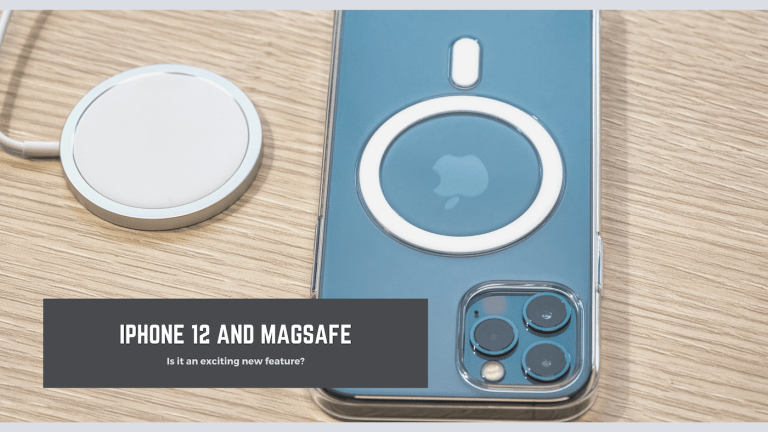- Texas Medical Center, 6560 Fannin St. #1680, Houston, TX 77030
- Heights Office, 427 W 20th St Houston, TX 77008
The Effects MagSafe has on the iPhone 12 and Implanted Heart Device

- posted: Jun. 01, 2021
The iPhone 12 has been making headlines! Although, not the ways you think as their new feature may affect your Implanted Heart Device. Medical researchers at Henry Ford have warned that the magnet feature in the new iPhones could interfere with life-saving implanted heart devices.
Here’s what Dr. Nazeri wants you to know!
How Do Magnets Impact an Implanted Heart Device?
Implantable pacemakers and cardioverter defibrillators (ICDs) all contain a magnetic-activated switch found on the surface of each device. When a strong enough magnet is held closely to an implanted device with this switch, it can switch off and change the settings.
These magnetic switches are beneficial in therapeutic settings when doctors change the ICD’s settings in a pacemaker. The problem arises when a magnet interferes with the implanted device, in an uncontrolled medical environment, without a cardiac professional. These magnets can change pace rhythm, stop electrical pulses altogether, or activate the shock delivery function – all of which can result in medical emergencies and life-threatening situations.
Dr. Alireza Nazeri recommends keeping all magnets a safe distance away from your pacemaker or implanted defibrillator, but what happens when your phone is magnetized?

iPhone 12 and MagSafe
In October 2020, Apple released the new generation iPhone 12, with a new exciting feature – MagSafe.
MagSafe is a magnetized technology created to aid in better wireless iPhone charging and the attachment of magnetized accessories. Magnetized cases, wallets, and phone mounts are now available for your phone, all powered by a strong magnet in the back of the phone.
The location and strength of the magnet have become a source of concern for cardiologists. Education about magnet avoidance is standard for patients with implanted devices, but this new technology offers increased exposure risks.
Safety Considerations
While Apple has released a statement claiming that the MagSafe feature does not offer any additional risks for people with pacemakers than any previous iPhone generation, we have some safety recommendations to reduce the risk of magnet interference.
❌ Do not keep your iPhone 12 in your front chest pocket of a shirt or jacket on the side of your implanted heart device
- This convenient location to store your phone is too close to your device. Use your pant pockets, a waist holster, or a bag to carry your iPhone 12 in order to reduce close contact.
✅ Keep your iPhone at least 6 inches (15 cm) away from your implanted device
- The 6 inches (15 cm) distance from your device is a way to ensure that no possible interference can occur. If you are charging your device using MagSafe, we recommend an even further distance of 12 inches (30 cm).
🩺 Consult with your cardiologist for more guidelines for MagSafe and your pacemaker
- When in doubt, seek out professional opinions and guidelines from your cardiologist or device manufacturer.

About Dr. Nazeri
Dr. Nazeri offers a TeleHealth program. To easily set up a Vitrual Visit consultation to discuss any concerns you may have about developing Atrial Fibrillation (AFib.) Lastly, for information about cardiac arrhythmia monitoring and atrial fibrillation, please call on 713-909-3166 or visit our website at www.MobitzHeart.com
Schedule your AFib Screening and Early Detection Consultations
Mobitz AFIb Clinic
P. 713-909-3166
Silent AFib = AFib Without Symptoms
Are You At Risk For AFib?
-
Read My ECG
Worried about your Apple Watch ECG Results? Get an expert virtual evaluation from home!
-
AFib Catheter Ablation
Personalized Assessment and Treatment at Dr. Nazeri's Clinic. Explore our AFib Clinic today.
